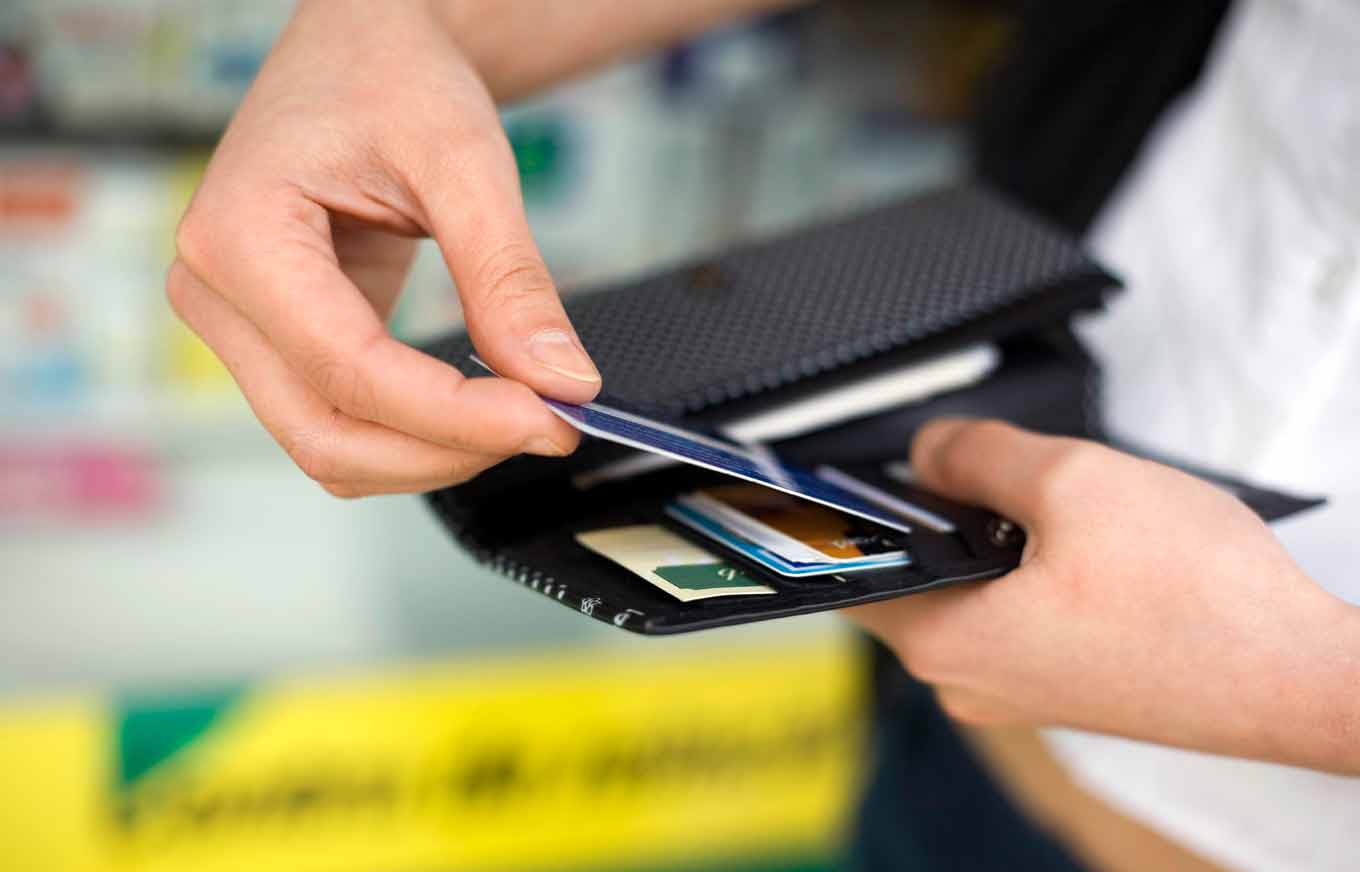Credit Card Balance? CT Residents Have Nation's Second Highest, on Average
/With the holiday gift-giving season on the horizon, the sound of credit cards are being pulled from wallets and numbers being typed into online sites is also upon us. Before those bills even come due, Connecticut residents have a head start in building credit card balances. Connecticut residents have the highest average credit card balance, at $7,258, in the continental United States. Alaska, at $8,515, is the only state where residents have a higher average balance in the U.S.
 Rounding out the top ten are Virginia ($7,161), New Jersey ($7,151), Maryland ($7,043), Hawaii ($6,981), D.C. ($6,963), Texas ($6,902), Colorado ($6,718), and Georgia (6,675). New York is next at $6,671.
Rounding out the top ten are Virginia ($7,161), New Jersey ($7,151), Maryland ($7,043), Hawaii ($6,981), D.C. ($6,963), Texas ($6,902), Colorado ($6,718), and Georgia (6,675). New York is next at $6,671.
The states with the lowest credit card balances overall are Iowa and Wisconsin, with an average of $5,155 and $5,363, respectively.
Connecticut average credit card balance - $7,258, - is not only second highest in the nation, but the average number of credit cards owned by Connecticut residents is 3.23, which ranks fifth among the states. The states where people opened the most credit cards were New Jersey and New York, with an average number of 3.49 and 3.34 cards per person, respectively.
On the state’s average income of $70,121, which is second highest in the U.S., the average credit card balance is 10.35 percent of income. Because of Connecticut’s high average income, the percent of income average is fourth lowest among the states.
The analysis, by the financial website Upgraded Points, used data of average credit card balances from Experian’s State of Credit: 2017, and data of average annual income by state in 2017 from research by the Federal Reserve Bank of St. Louis.
The analysis notes that “for the 58.8 percent of American households that pay off their balances in full, credit card debt is not a problem. But the other 41.2 percent carry some amount of debt every month and must pay interest fees.” In 2017, overall American credit card debt, according to Upgraded Points, broke through the $1 trillion mark and set an all-time high. The last time credit card debt was over $1 trillion was right before the Great Recession in 2008. In 2017, a survey by Pew Research found that only 46 percent of Americans made more than they spent.
The data indicates that states near the coasts tend to have the highest absolute credit card balances. “The only two states in the top 10 that aren’t by the ocean are Texas and Colorado. States in the Midwest tend to have the lowest average credit card balances. Only three states in the bottom 10 were not in the Midwest: West Virginia, Arkansas, and Mississippi.”
































